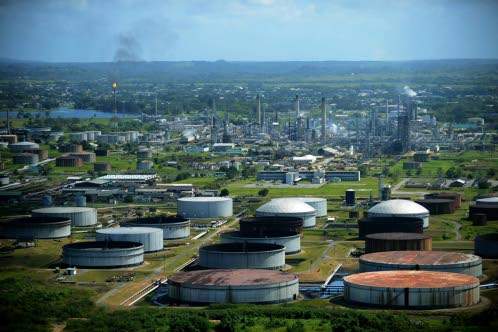While focused largely on Trinidad, this issue is relevant to the entire region. Jamaica is considered well ahead of Trinidad on this because it hasn’t had any oil and gas.
The risks connected to climate change are mounting. Across the Caribbean, the increasing frequency and growing intensity of extreme weather events is a sign of a future that is already here.
Without action, these problems, and their social and economic costs, are on a trajectory that will only accelerate and intensify. But the pathways to a low carbon, socially just transition — and a more climate resilient future — are emerging.
Alongside global action, this transition will also bring resilience to the impacts of climate change to the Caribbean. And, if properly supported, it will also usher in a new era of quality economic development and job creation. A new future for energy is the key to this transition, not least in Trinidad.
Last week in Port of Spain, Trinidad, at the 3rd Biennial UWI Faculty of Law Oil and Gas Law Conference and the Just Transition Initiative Conference 2019, the focus was on the way that the physical and institutional infrastructure around energy is making the shift to renewables. It was clear that taking a multidisciplinary approach to this transition is vital.
The legal, regulatory, political, technological and economic factors that will make this possible were debated and shared at the conference. Hearing from legal experts and regulators from Trinidad and the region, alongside academics and experienced practitioners from around the world, it was set out that only by working together, across government, industry, academia and civil society, will the momentum exist to determine a joined-up approach to shaping the frameworks that will set the landscape for making this change.




Leave A Comment